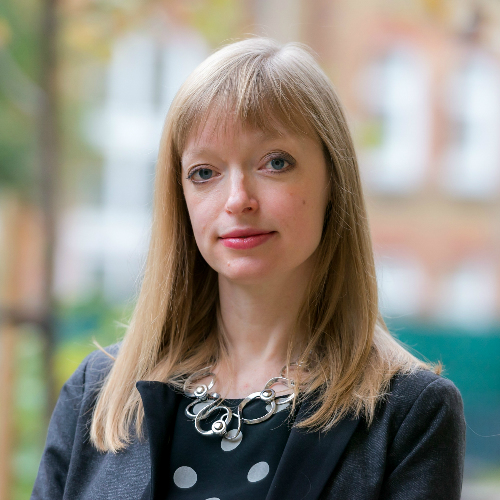How can we create better local conversations?
Not Westminster is a network of people working in local government, community activists, thinkers and doers with a mutual interest in creating and sharing ideas for stronger local democracy.
Earlier this month, Renaisi took part in the annual gathering in Huddersfield. We ran a workshop to explore what makes a good local conversation in a local space – drawing on our experiences of the Big Local programme and with local authorities.
The Not Westminster format is fast and furious. It included lightning talks and 13 workshops running throughout the day based on themes from Kirklees Democracy Commission. It concluded with an ideas bazaar to take forward practical experiments for local democracy over the coming year.
The value of developing new solutions and services in a co-productive way is well understood. But our starting point was that good intentions do not always translate into reality. There can be poor examples of council-led engagement with residents, and equally challenging examples of resident-led processes.
The workshop attempted to unpick the dynamics of relationships that are at the heart of any engagement. What makes some local conversations more successful than others? What catalyses positive energy and momentum, building confidence amongst residents? In what circumstances do imbalances of power and traditional roles become less important, allowing communities to take meaningful ownership and responsibility?

We encouraged participants to identify examples of conversations and growing community power that felt out of the ordinary – and that avoided the traps encapsulated in our ‘wall of disempowerment’. They then spent time thinking into different roles (councillors, council officers and residents) to explore the tensions and challenges in working together, and ways of overcoming them.
This was a big task for a 50 minute workshop and we barely scratched the surface. The examples that people chose tended to start from a negative place (a museum closing, a threat to a local GP practice, and responses to a flood) when engagement with residents can too often feel like an afterthought. There was a clear sense of the enablers for better local conversations – including providing accurate information, equal respect, and honesty about the level of influence. However, it is far more challenging to pinpoint exactly what helps to make that shift to a more ‘bottom up’, open debate.
In the weeks following the workshop, the Local Government Association published a comprehensive guide to new conversations for councils. It aims to show how they can ‘strengthen trust, build resilience and respond to today’s challenges through high-quality engagement’, and quotes everyone from Michelle Obama to Mick Jagger.
From the dedicated Not Westminster participants giving up their Saturdays because ‘democracy is here for the making’, to national policy organisations, there are people interested in sharing tips and tools for different kinds of local engagement.
Our ending proposition was: can councils and residents build relationships that explore priorities and hopes proactively, rather than in response to a crisis? How would you go out and talk even if you don’t think you have anything to talk about? We plan to work with other Not Westminster workshop leads who were tackling similar issues to develop an idea to test.

- Let’s keep the conversation going.
- Contact Louisa Thomson on:
- 020 7033 2633
- l.thomson@renaisi.com

